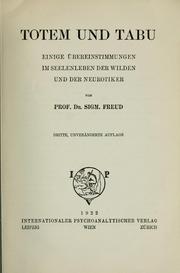

Other religions say that people should be vegetarians. A kosher diet does not include any of the foods that are taboo in Judaism. A halal diet does not include any of the foods that are taboo in Islam. Islam and Judaism both say there are some foods which people should never eat. Many world religions have taboos about food. As taboo, they are places that should not be touched. Local customs say that nobody should disturb these places unless a ceremony or ritual is taking place. Some Solomon Islanders say that their languages have a word tabu (said like "ta-boo") that means “holy.” This word refers to places in the bush where holy spirits live. When any thing is forbidden to be eat, or made use of, they say, that it is taboo.

On expressing my surprise at this, they were all taboo, as they said which word has a very comprehensive meaning but, in general, signifies that a thing is forbidden. Not one of them would sit down, or eat a bit of any thing. An English explorer, Captain James Cook, went to a place he named "the Friendly Islands" (now Tonga). Its first recorded use in English dates back to 1777. For example, the main island in the Kingdom of Tonga, where the capital Nuku'alofa is located and most of the population resides, is called "Tongatapu". In its current use in Tonga, the word tapu also translates to " sacred" or "holy", this means something that is protected by custom or by law. These words usually mean "not allowed", or "forbidden". The English word “taboo” comes from the Tongan word tapu or the Fijian word tabu. Breaking taboos can seem rude, and can cause embarrassment or shame. Some taboos may also be against the law, and people who break them may be punished. Sometimes even talking about taboos is taboo. Some things like cannibalism and sexual relationships between siblings are taboo in almost all societies. An activity or behavior can be taboo in one culture, but not in another. In a group or society, a taboo is something that is not acceptable to talk about or do.


 0 kommentar(er)
0 kommentar(er)
